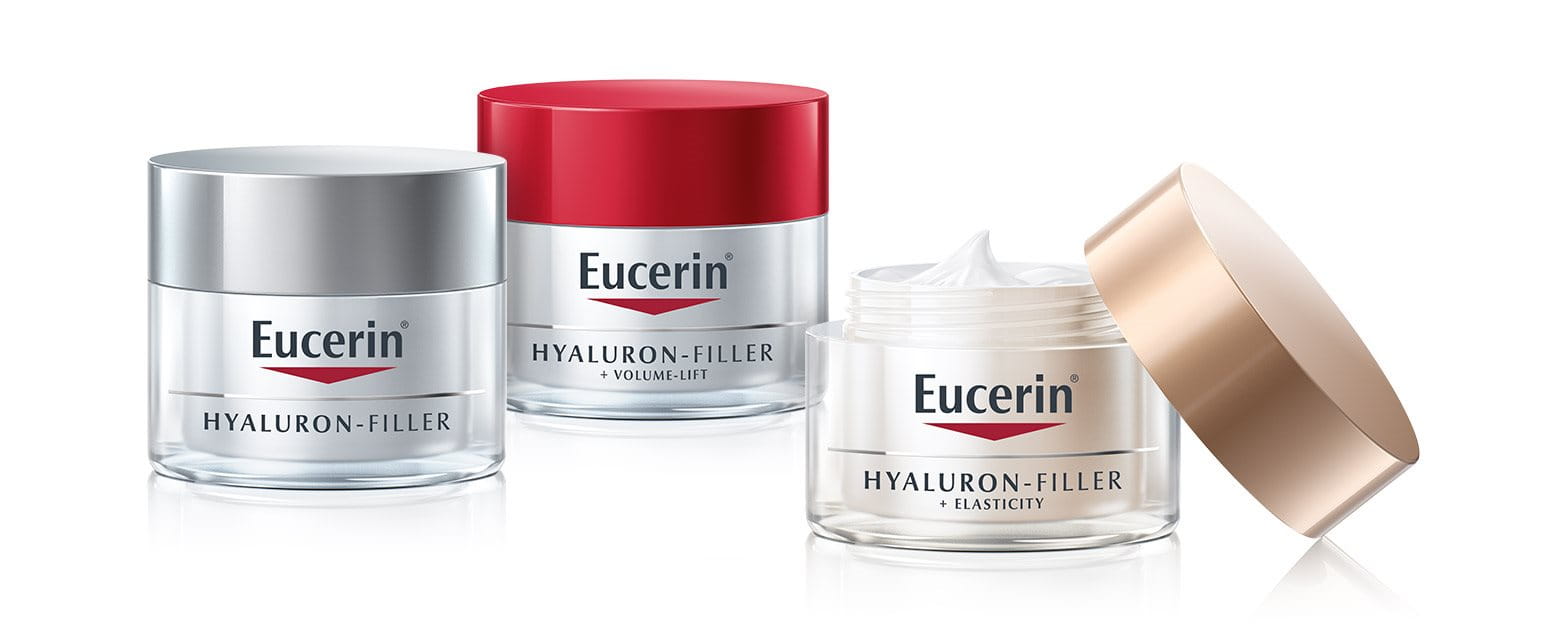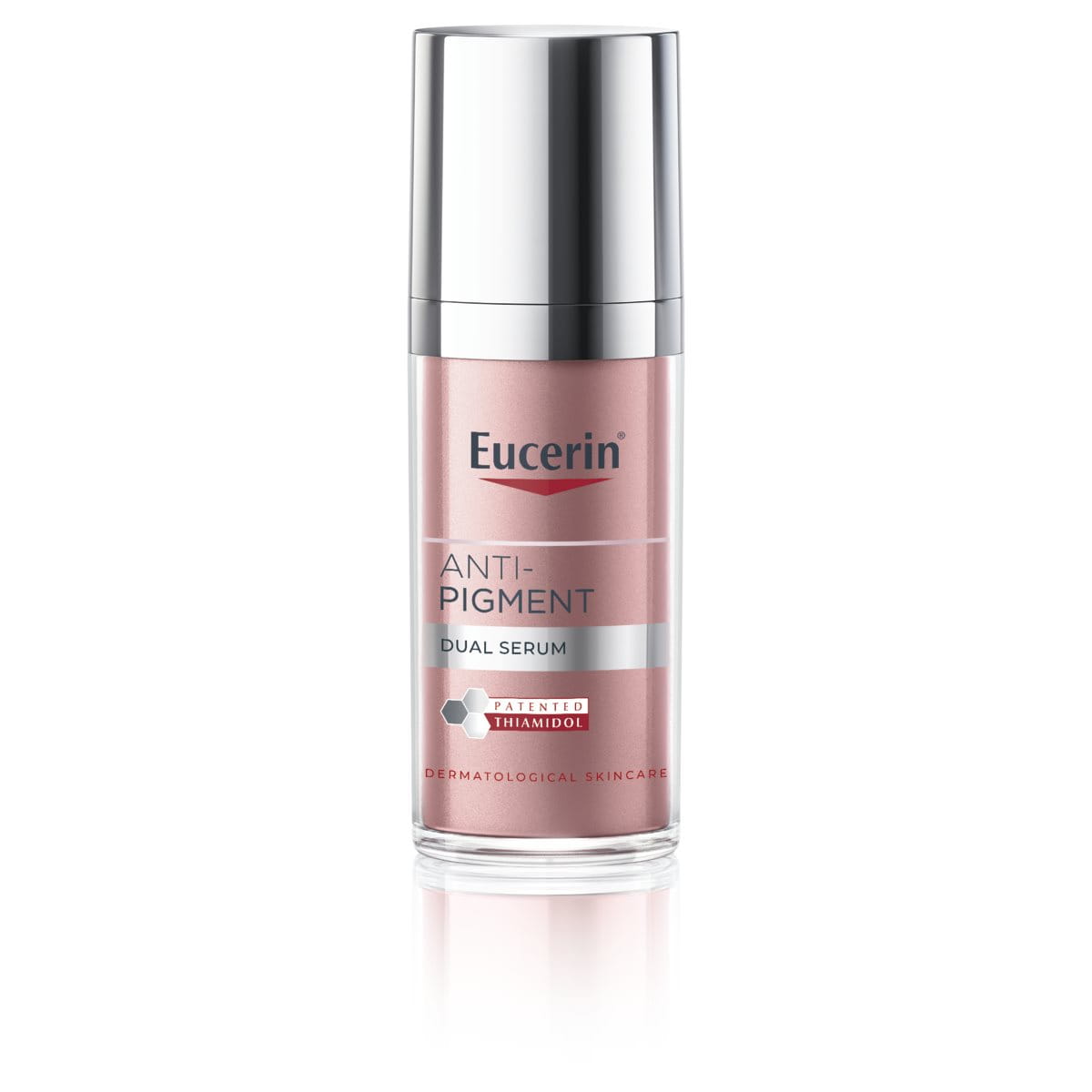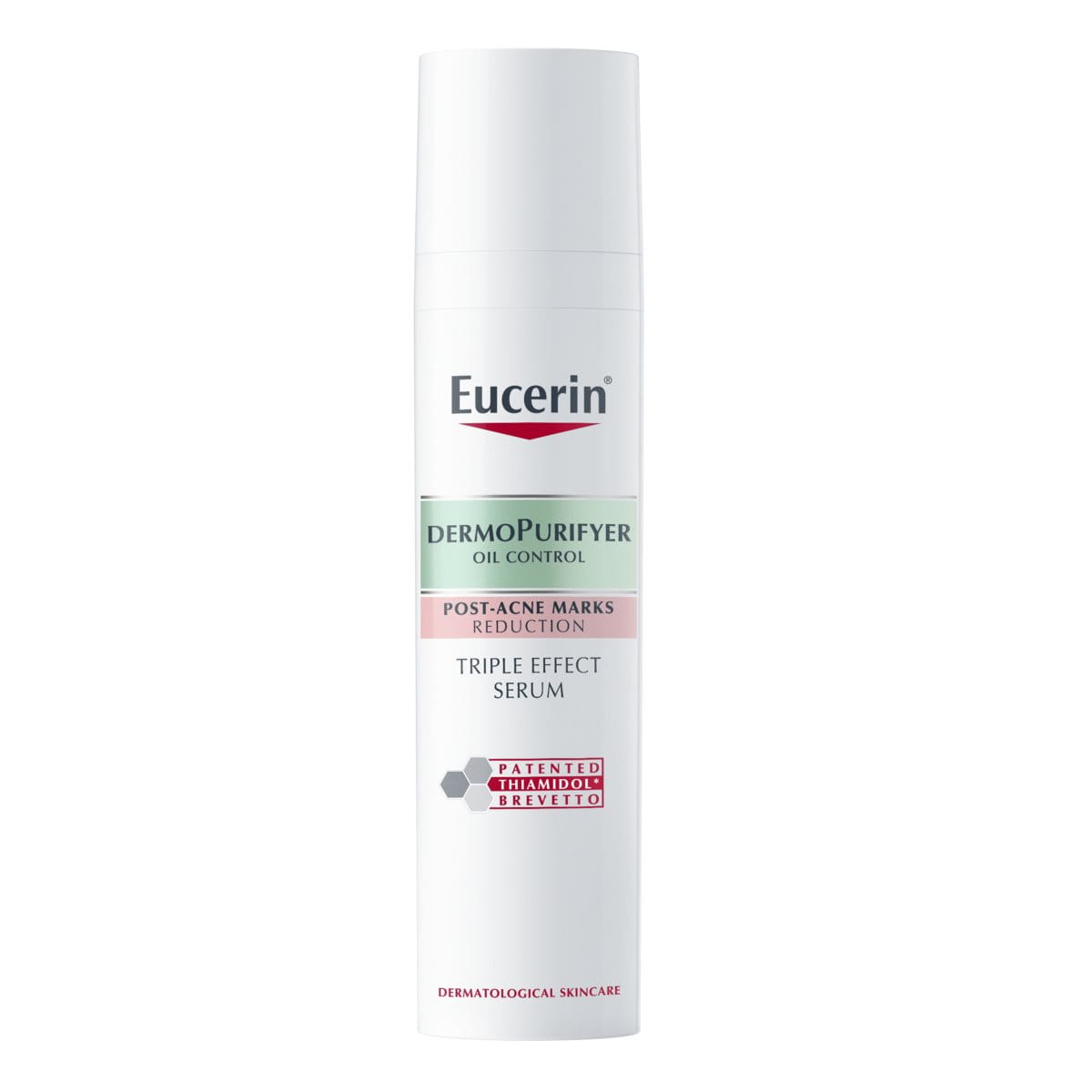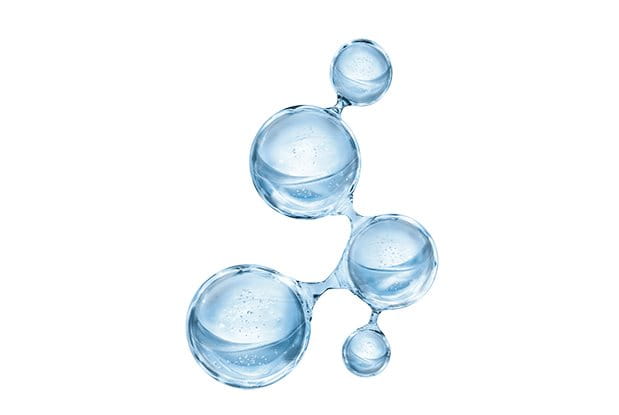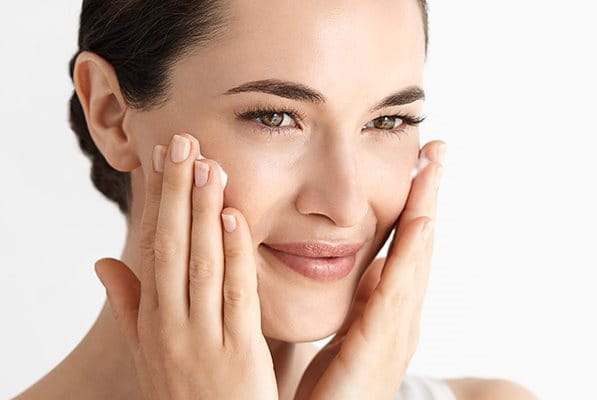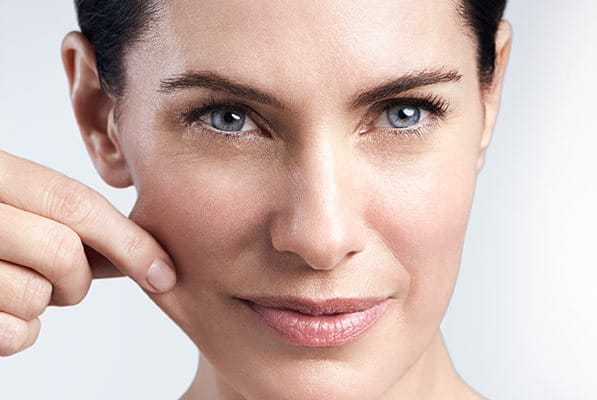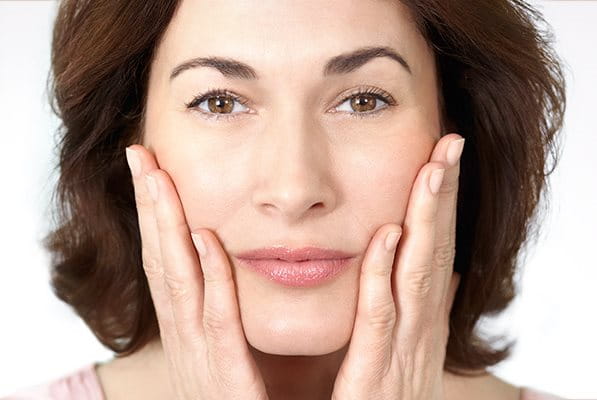Free radicals can cause the oxidative stress to skin that results in premature skin ageing. This article explains what they are, what they do to your skin and the steps you can take to neutralise free radicals to keep skin healthy, to protect it from premature skin ageing and to help delay the visible signs of skin ageing such as fine lines and wrinkles and a loss of radiance.
Have you ever taken a bite out of a banana or an apple and left it out in the air? That brown color it turns is a result of oxidation caused by free radicals. A similar process takes place in our skin but over the course of decades rather than minutes.
The body uses anti-oxidants to neutralise potentially harmful free radicals but, when there is an imbalance between the production of free radicals and the body’s ability to neutralize them, the free radicals start to damage cell membranes, proteins and DNA in a process known as oxidative stress.
Among the cells that are damaged are those responsible for the production of substances such as collagen, elastin and hyaluronic acid that give youthful skin its firm structure (e.g. fibroblasts and keratinocytes). Production of these substances naturally declines as we get older and oxidative stress even accelerates this process
While ageing is an entirely natural process, oxidative stress can cause skin to age prematurely: it may start to develop visible signs of aging such as fine lines and wrinkles and appear dull and tired before its time.
Premature aging aside, as we get older skin’s ability to de-activate free radicals decreases naturally, leading to an acceleration in the skin ageing process.
Sun, in moderation, is good for our skin and our bodies. You can find out why in the sun and skin. But overexposure to UVA rays (and, to a much lesser extent, high-energy visible light – the light we can see all around us) is one of the primary triggers of free radicals. Oxidative stress caused by the sun leads to DNA damage and conditions such as photoageing (premature skin ageing caused by the sun) and hyperpigmentation. Find out more in How do the sun’s UVA, UVB and HEVIS Light rays affect skin?
Smoking is as bad for our skin as it is for our overall health. The smoke itself contains free radicals which are inhaled into our bodies causing a range of problems including premature skin ageing.
A healthy lifestyle and a regular, appropriate skincare routine will help you to reduce harmful free radicals, prevent premature skin ageing and delay the visible signs of skin ageing.
Regular cleansing, moisturisation, the use of powerful, proven anti-oxidant skincare ingredients such as Vitamin C and Licochalcone A and, most importantly, appropriate daily sun protection will help to keep your skin looking younger for longer.
The sooner you start taking caring of your skin the easier it’ll be to prevent premature skin ageing. You can read about an ideal skincare routine for your 20s in anti-ageing in your 20s. As we mature, skin’s needs change and the products we use should respond to its changing needs. You can find out more in How does skin age and how should I care for it?
The Eucerin anti-ageing family includes three comprehensive ranges specially formulated and clinically and dermatologically proven to give skin the care it needs at each stage of the aging process.
